There is a major difference between reacting, responding. At the core of this difference lies our ultimate freedom to Be Who we really Are. This may sound a bit out there, but let’s investigate a bit and see what we discover.
On the surface, the difference if any, may seem slight. But digging below the surface we may be surprised what we find.
Difference Between Reacting, Responding Not So Simple
“Mastering others is strength. Mastering yourself is true power.”
There is a major difference between reacting, responding in any situation. One strengthens us while the other disempowers us.
We are all conditioned by the experiences we have had in our lives. Some of those experiences were joyful, while some were painful.
Over time we unconsciously create a paradigm to protect ourselves from those painful experiences. We then automatically “react” without thinking when a similar experience triggers us.
This is all well and good if we are jumping out of the way of a fast-moving vehicle, but it definitely inhibits our options when we react like this in less-than-threatening events. In those cases, pausing and assessing the situation is advantageous.
Then we can “respond” appropriately given the facts at hand, instead of blindly reacting out of our fear-based conditioning. When we respond we are better positioned to receive a more ideal result.
Emotion-Based vs. Intuitive Based
This especially comes into play in the area of communication. Reacting is based on our emotions and not given prior thought as it is automatic. Being impulsive quite often leads to regrettable and less-than-desirable outcomes.
This defensive stance can lead to increased tension, misunderstanding, and conflicts.
Responding, on the other hand, is a conscious process that not only involves consideration and thought but gives our intuition a chance to kick in as well. We take the time to understand the situation, and then decide the best avenue to take.
During that decision process, we have now created the space for higher thoughts to emerge given the prior conscious thought given to the situation. This leads to even more creative options.
Responding is a rational approach based on conscious thought and intuitive insights, rather than the emotional and impulsive nature of reacting.
Self-Mastery — Difference Between Reacting, Responding
“Be bold, be brave enough to be your true self.”
We often get so caught up with what is “out there”, that we forget about our true responsibility to ourselves. Instead of playing victim to circumstances, we can slow down and consciously choose to be accountable for our lives.
It is at this point that we discover our true power that has been there all the time. But instead of unconsciously creating our lives by being triggered by outside circumstances and unconsciously reacting, we now display the type of self-mastery that leads to an enlightened existence.
This type of self-discipline or self-control can be developed and strengthened over time. When we can control our desires, emotions, habits, impulses, and behaviors we are now positioned to express our goals and personal values authentically.
Let’s now see how we can develop this type of self-mastery.
Steps to Self-Mastery
- Waking Up — we are so stuck in our ways because of our current conditioning that many times we need a major event or crisis to snap us out of our comatose state. This reminds me of the movie Crocodile Dundee II where Paul Hogan has his would-be attacker hanging out his balcony from a high-story building and saying, “Wakey Wakey”. Now we don’t need to go to this extreme to get our own attention, but we do have to apply some self-honesty and be willing to see things as they are and not how we imagine them to be.
- Self Discipline — in order to make constructive change in our lives it is necessary to get hold of the reins and exert some control over our thoughts and feelings. In this way, we are then able to make conscious decisions instead of our automatic reactions.
- Self-Awareness — when we spend some time on self-reflection we begin to understand ourselves for who we really are beyond our misperceptions and false beliefs. We accept our strengths and weaknesses so that we can improve in all areas of our lives. As our awareness increases we suddenly realize that our thoughts, emotions, and actions are aligned. We don’t think and feel one way and act another.
- Self-Care — it’s essential to care of ourselves physically, mentally, and emotionally. Relaxation, enjoyable activities, sufficient sleep, a healthy diet, and a fair amount of exercise will do the trick.
- Set Some Goals — as our awareness increases we then set achievable and realistic goals that align with our life purpose.
- Self-Reflection — spending time in a relaxed state enables us to contemplate what is most important to us and ways to achieve it. We review our wins and areas of improvement needed as well as ways to resolve our challenges. Patience is required on this lifetime journey.
- Managing Our Time — I’m not sure it is possible to actually manage time as it is to use it in ways to benefit ourselves and others. Otherwise, we find that time can take control of us when we are stressed and never feel we have enough time. The present moment is the only time we have ever had, and is all that we need. As our mind quiets down we let go of past and future thoughts and become content in the Now. Then prioritizing our tasks and focusing on what is most important becomes a natural process.
- The Humility to Ask for Help — we all need a sounding board at times whether it is a friend, family member, or a professional. Allowing ourselves to let go of our insistence on “going it alone” on our journey is a sign of maturity and increased awareness.
- Never Stop Learning — whatever we are inspired to do is an important signal to stay engaged and keep learning and growing. Whether it iswelcomed taking courses or reading there is a wealth of information available to keep us busy on our journey.
- Resilience — failures are necessary to our growth and should be welcomedare as valuable indicators of needed change in direction. As we welcome challenges we increase our capacity to grow and expand.
- Mindfulness — being fully engaged in life requires us to be fully present. Our focus and attention areemotions key.
- Emotional Insight — when we respond rather than react we are in charge of our emotionsheartfelt and then able to open our hearts and empathize with others.
- Gratitude — a heartfelt appreciation for all that we have and all that is on the way to us opens us up to experience an expanded existence. There is so much to be appreciated, and there are no ordinary moments.
Enlightenment Requires Knowing the Difference Between Reacting, Responding
“Enlightened leadership is spiritual if we understand spirituality not as some kind of religious dogma or ideology but as the domain of awareness where we experience values like truth, goodness, beauty, love and compassion, and also intuition, creativity, insight and focused attention.”
An enlightened response is the result of self-mastery and self-control avoiding all temptation to blindly react. It is who we have become as a result of our increased awareness that allows us to respond appropriately.
The difference between reacting, responding is quite apparent and leaves many clues as to increasing our awareness and peace of mind.
Once we are clear on the distinction between reacting and responding and their quite different consequences, we are then able to consciously “stay on guard” so to speak, when we encounter challenges during the day. Our initial tendency will be to react because of our habitual pattern.
There is no need for guilt, judgment, or remorse because we happen to be conditioned a certain way. Understanding that this is a process to “undo” our current conditioning and create a new paradigm will allow us to be patient with ourselves.
Just “knowing” that we react a certain way when triggered is a big step in the right direction. We can now make progress as we are now aware we can correct our current way of dealing with stressful events.
We will then be able to “pause” before reacting and choose to respond based on the reality of the situation and not reacting to past events as though they were currently present. Of course, there may be times when we pause and still react based on fear, but that is still progress. We did pause before we reacted.
Taking an enlightened approach to life does require us to make this distinction between reacting and responding. As we progress on our journey we will let go of our baggage and create a much freer and joyful existence.
Peace & Love within the Light,
Joseph William
P.S. As we Respond to our True Inner Desires let us Express our Expanded Awareness by Creating a Meaningful Online Business. CLICK HERE for all the Details.
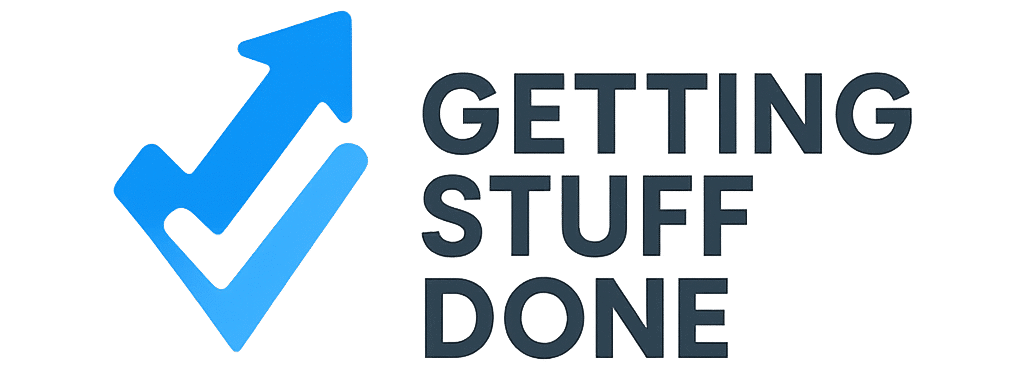
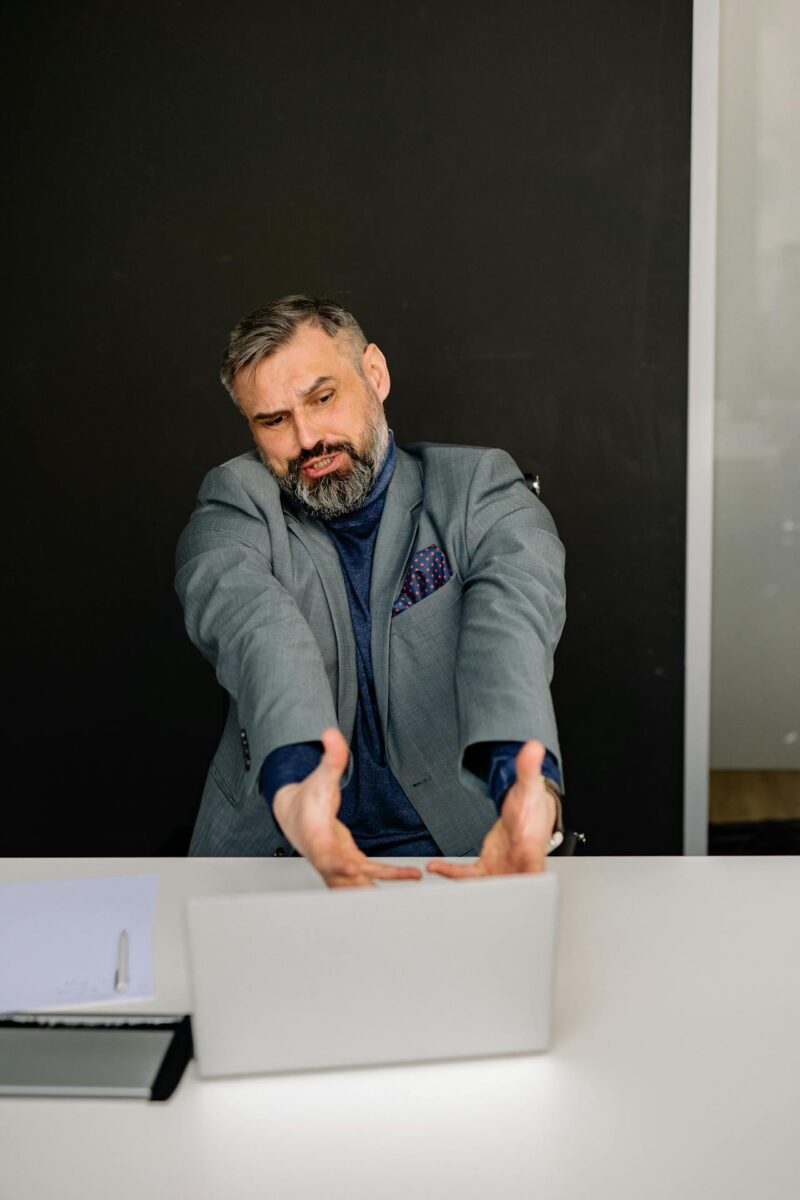
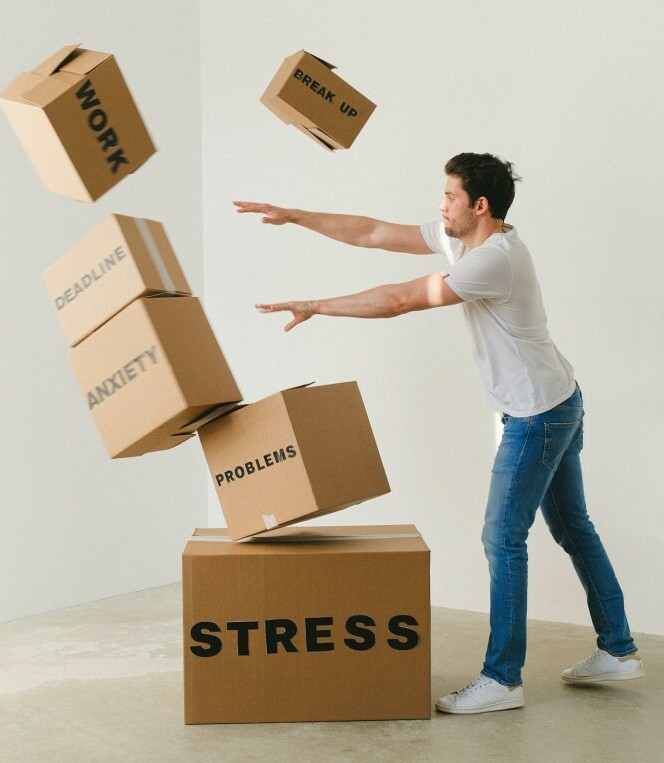
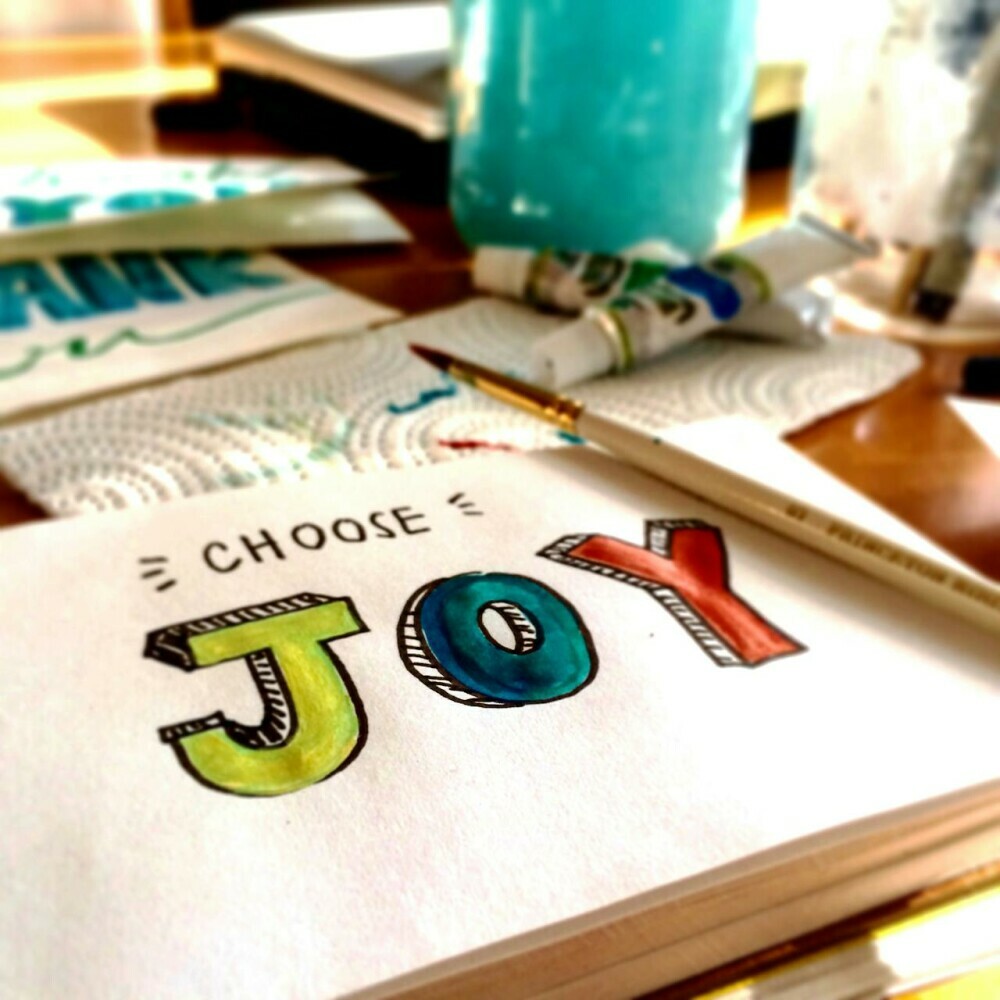
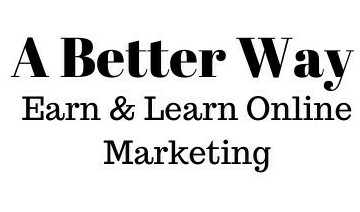
I really enjoyed this article! It delves into the crucial difference between reacting and responding, emphasizing the benefits of thoughtful responses over impulsive reactions. The insights on self-mastery and emotional control are particularly enlightening, offering practical steps to develop these skills. It’s a valuable read for anyone looking to improve their personal and professional relationships.
Thanks so much, Mercy. Your thoughts are much appreciated.
HI Joseph,
This is very helpful post I think I find myself in between. I probably react some and other times I respond in a sensible manner. I liked the steps that were provided. I especially think that asking for help and never stop learning can be good things for me to remember.
I’m curious, though: could you share an example from your personal experience where you successfully transitioned from a reactive to a responsive approach?
-Scott
Thanks so much, Scott for your thoughts and comments. Personally, I was able to transition over time from not automatically reacting with frustration and anger to people and situations that did not meet my expectations. Trying to control things is a useless and frustrating way to live, and it requires taking accountability and consistent work to change things around. Also, patience and compassion toward ourselves is required as our current paradigms are ingrained from past painful experiences. Increased awareness over time enables us to break free. All the Best. Joseph